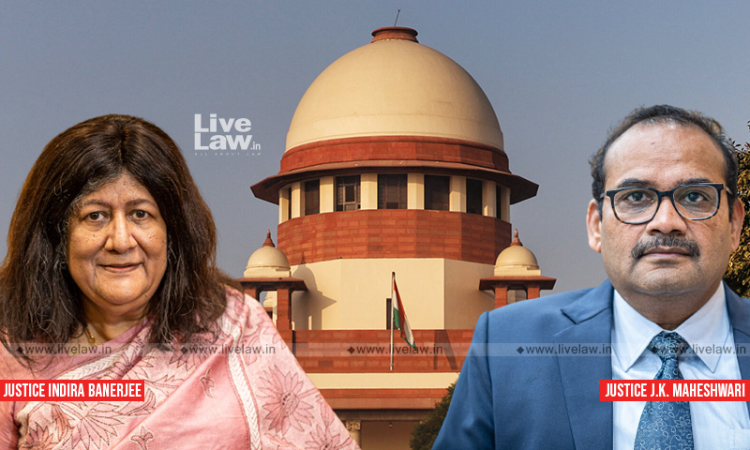Pension Rules Must Be Interpreted In Favour Of Employee When More Than One Interpretation Is Possible : Supreme Court'
Ashok KM
21 Sept 2022 7:48 PM IST

Next Story
21 Sept 2022 7:48 PM IST
When Pension Rules are capable of more interpretations than one, the Courts should lean towards that interpretation which goes in favour of the employee, the Supreme Court observed in a recent Judgment.In this case, the issue raised in the writ petition filed before the Rajasthan High Court was whether service rendered by the Writ Petitioner prior to resignation from the Rajasthan State...
